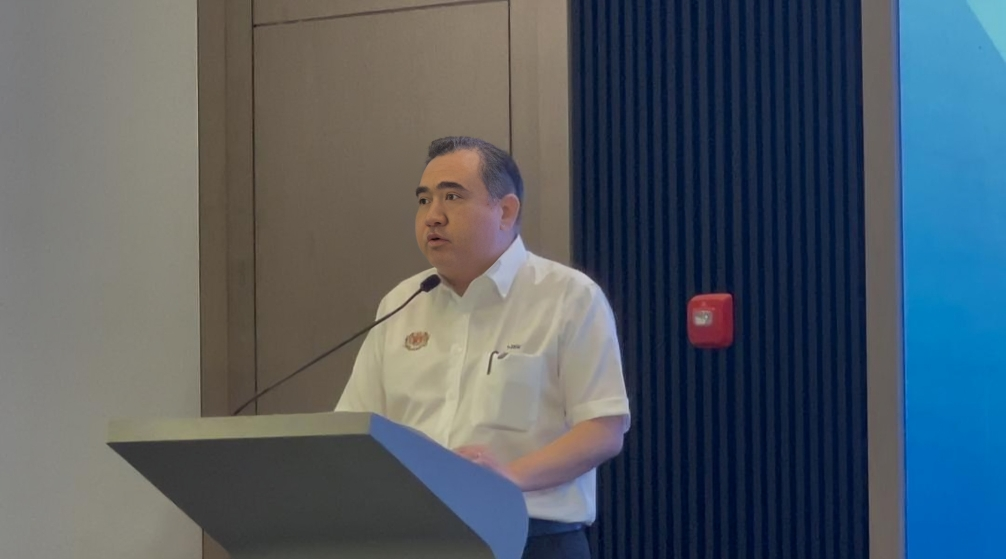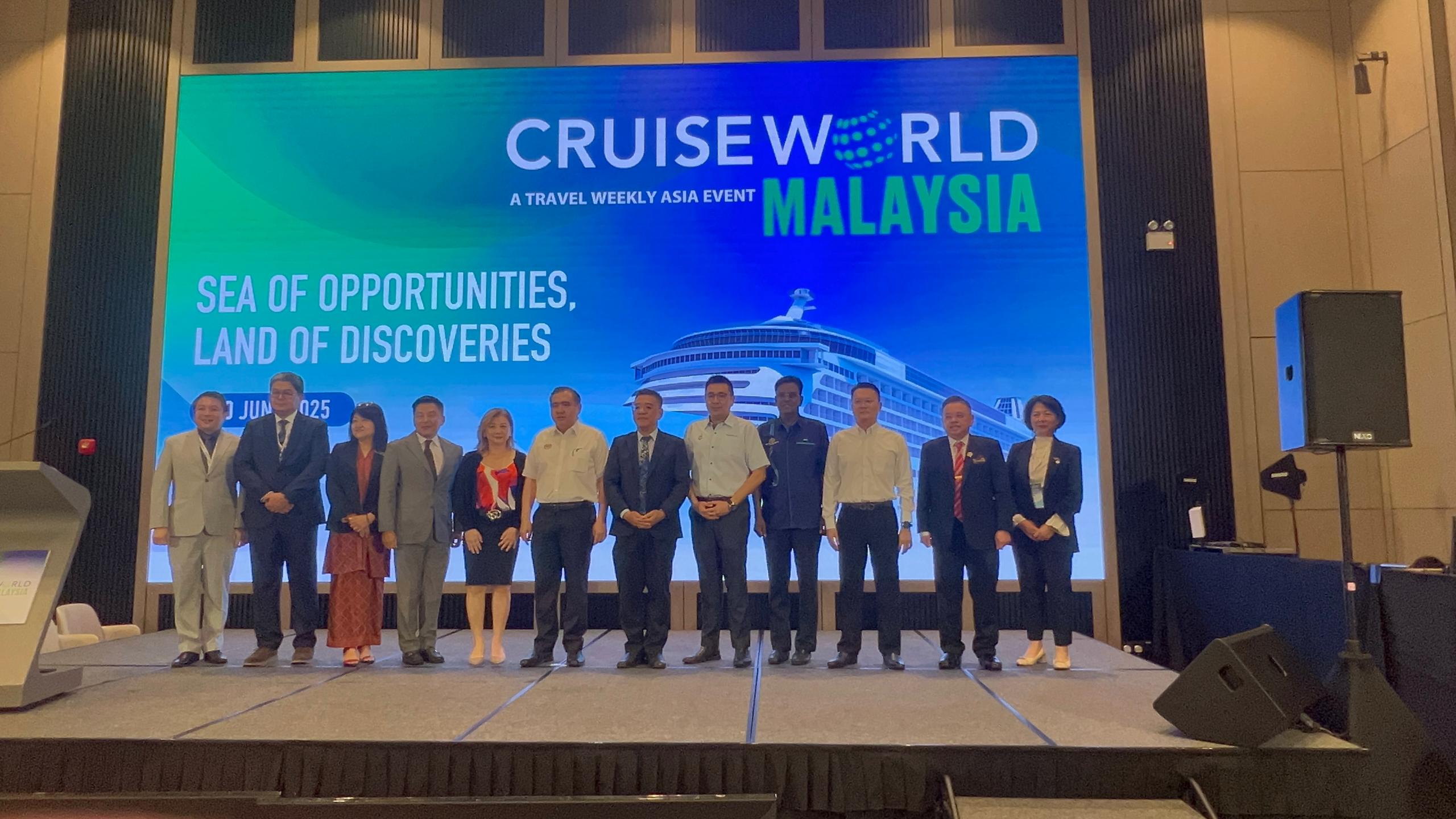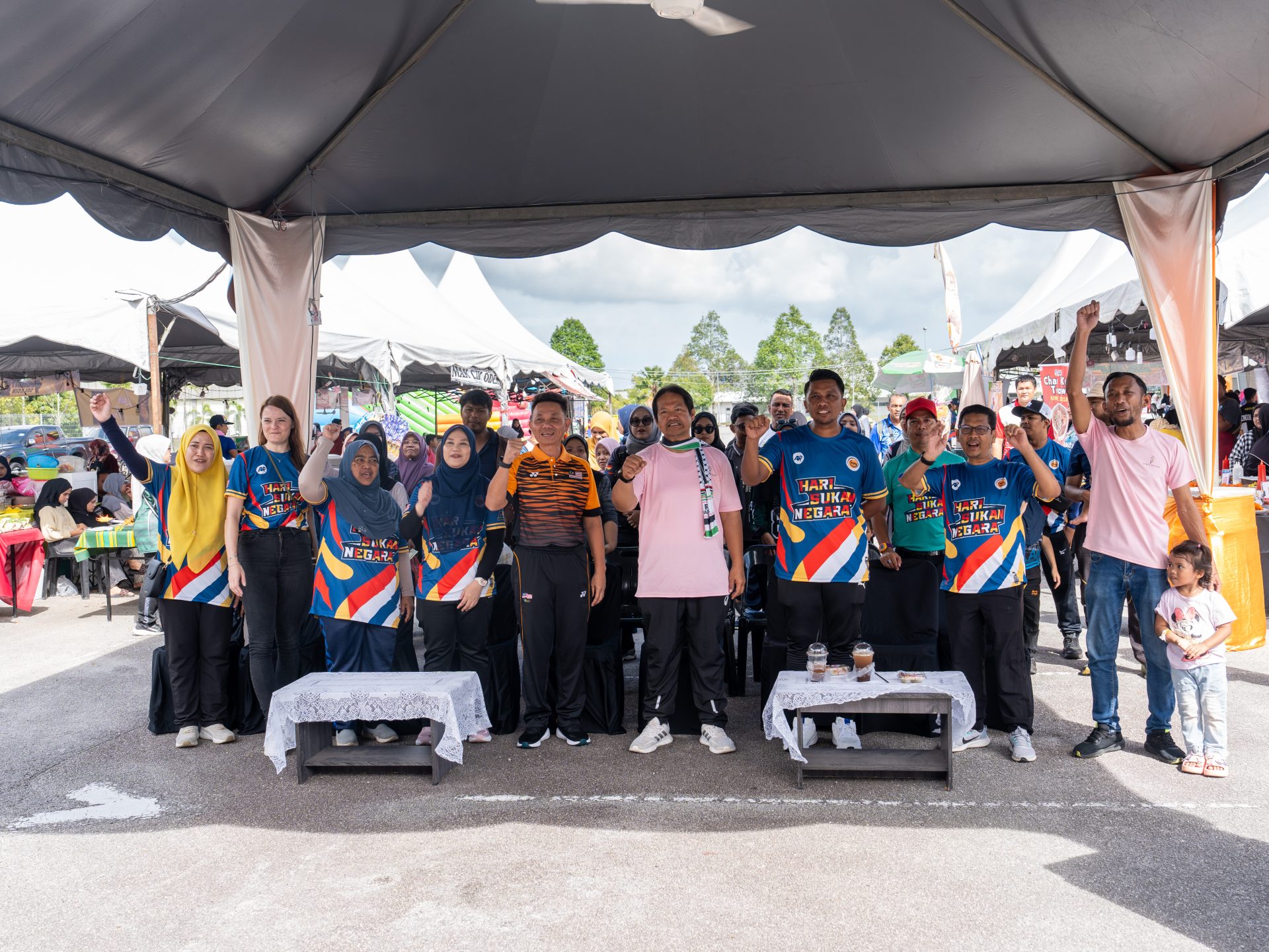GEORGE TOWN, June 10 – The cruise tourism industry holds immense potential as a key driver of Malaysia’s economic growth, said Transport Minister Anthony Loke, highlighting its role in generating employment, uplifting local communities, and advancing a sustainable, inclusive tourism landscape.
Speaking at the CruiseWorld Malaysia 2025 event here today, Loke emphasised that cruise tourism not only brings thousands of international visitors to Malaysian shores but also stimulates a wide range of economic activities—from cultural excursions and local gastronomy to handicraft sales and port-related services.
“Each cruise ship arrival contributes not just to tourism receipts, but to meaningful economic spillovers that directly benefit local communities,” he said. “This is about creating jobs, sharing Malaysia’s rich stories, and making every tourist feel a genuine connection to our nation’s identity.”

Loke underscored the importance of positioning Malaysia as more than a transit point. Instead, he urged stakeholders to see the country as a strategic home port for international cruise lines.
“If we get this right, the benefits are significant—more visitors, increased tourism revenue, and a stronger contribution to Malaysia’s GDP,” he noted.
To realise this vision, the minister stressed the need to develop and modernise port infrastructure, citing the Swettenham Pier Cruise Terminal in Penang as a critical asset. Currently capable of accommodating two large vessels simultaneously, the terminal is slated for further expansion to cement its role as a regional cruise hub.
“Penang is already a leading cruise destination, welcoming between 100 to 200 vessels annually, sometimes up to three in a single day,” Loke said. “We want to scale this further and make Penang a true home port in the region.”
This ambition, he explained, requires strategic collaboration with the aviation sector. Direct flight connectivity will be key in enabling cruise passengers to fly into Penang and seamlessly begin their sea voyages.
“We’re working to align our air and sea transport ecosystems. The synergy between airports and seaports is essential if Malaysia is to become a preferred cruise destination,” he added.
On a regional level, Loke welcomed Thailand’s proposal to establish ASEAN as a single tourism market, which includes the idea of a unified visa system allowing seamless travel among member countries.
“Rather than competing within ASEAN, we should join forces to promote the region as one of the world’s top travel destinations,” he said.





